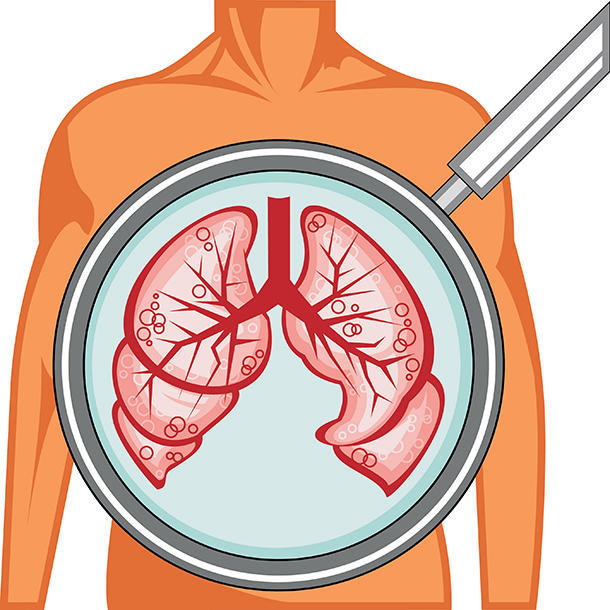Ancestry-adjusted Model to Facilitate Patient Engagement in Lung Cancer Prevention
, by Jennifer K. Loukissas, M.P.P.
A new risk prediction model, Genomic-informed Care for Motivating High Risk Individuals Eligible for Evidence-based Prevention (GREAT), may improve patient engagement and decision-making around lung cancer prevention. The model and its performance are described in a paper published November 8, 2024, in the journal eBioMedicine.
Lung cancer and tobacco use pose significant health challenges globally, and while evidence-based practices for smoking cessation medication and lung cancer prevention and treatment exist, they are often underutilized. An international team of researchers, including Haoyu Zhang, Ph.D., Earl Stadtman tenure track investigator in the Biostatistics Branch, developed and tested GREAT using data from individuals from diverse genetic ancestries, including African, Admixed American, East Asian, European and South Asian. The model was found to be successful, enabling equitable and accurate risk assessments. It is being evaluated in two clinical trials to assess whether this personalized approach improves adherence to preventive healthcare and outcomes in primary care. Previous research by this group suggested that patients may be more likely to engage in cessation medication therapy and lung cancer screening when they are aware of their genetic risk for lung cancer.
The integration of ancestry-adjusted polygenic risk scores (PRS) into primary care offers a promising way to improve health outcomes by providing patients with personalized genetic insights that may motivate healthier behaviors. While PRS distribution vary across ancestral groups, the researchers developed a method that allows for consistent risk threshold across individuals. This approach standardizes risk assessments, ensuring that all individuals, regardless of their specific ancestry, receive accurate and actionable health guidance without needing to assign them into a particular ancestral group. By using this method, the team aims to promote health equity and improve preventive care outcomes for all patients.
Reference
Chen T et al. Genomic insights for personalised care in lung cancer and smoking cessation: motivating at-risk individuals toward evidence-based health practices. eBioMedicine. 2024.
